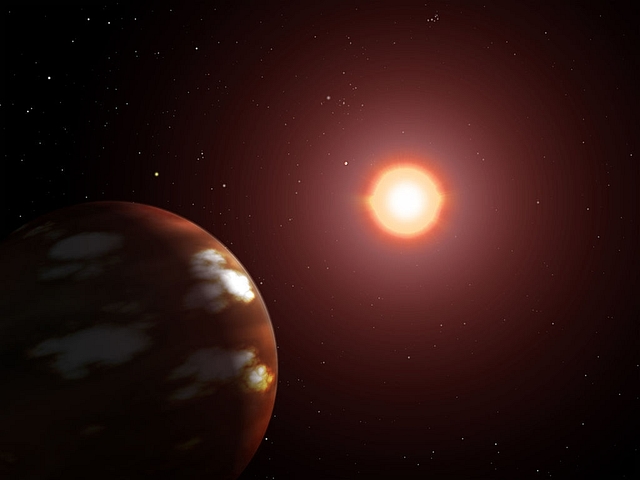
New Discovery: Brazilian Astronomers Spot Two Planets Near A Sun-Like Star
A team of Brazilian astronomers has discovered two new planets around a star similar to the sun known as HIP 68468. The two new planets, dubbed "super Neptune" and "super Earth", are the first to be discovered by Brazilian astronomers since the discovery in 2015 of a planet similar to Jupiter, according to Brazil's G1 news website on Friday.
Astronomer Jorge Melendez, a professor at the Institute of Astronomy, Geophysics and Atmospheric Sciences at the University of Sao Paulo, and head researcher, said one of the objectives of the team was to compare the solar system with other planetary systems, Xinhua news agency reported.
The planetary environment around HIP 68468 is quite different from the system that includes Earth, he said. While the mass of the newly discovered planets was similar to that of Earth's and Neptune's, the planets rotate very close to their star, which suggests they may have migrated from a more exterior to a more interior region of their planetary system.
"Super Neptune, called HIP 68468c, has a mass that is 50 percent greater than the planet Neptune. But while our Neptune is far from the sun (30 times the distance between the Earth and Sun), the orbit of the new planet is only 70 per cent of the Earth-Sun distance," G1 said.
Super Earth, or HIP 68468b, has a mass that is three times larger than Earth's, and its orbit is barely 3 percent of the distance from Earth to the Sun.That means that it is "practically stuck to its star", HIP 68468, which is 6 billion years old and some 300 light years away from Earth.
The discovery was made at the European Southern Observatory in Chile's northern Atacama Desert.
(With Inputs From IANS)